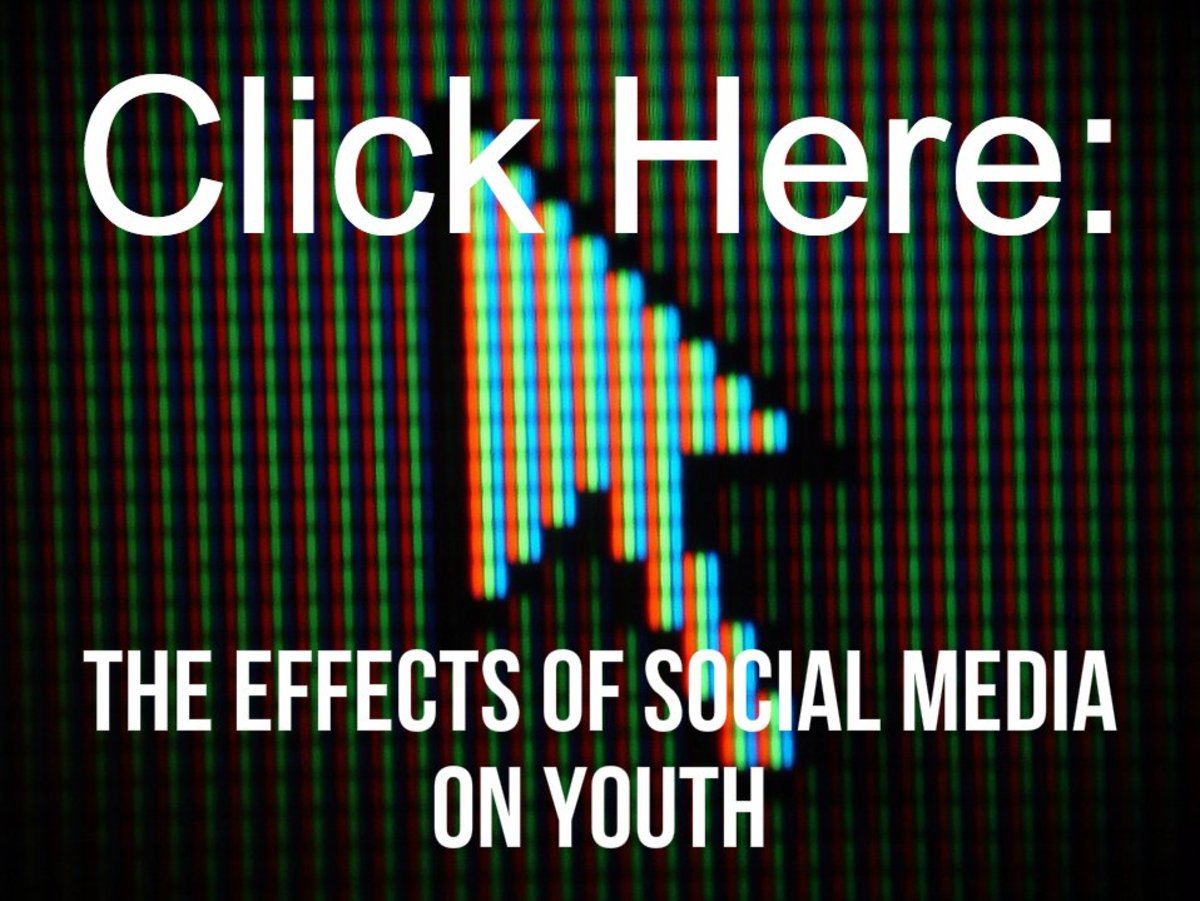Videogames and Social Media Have a Negative Impact on Young Minds
Videogames and Social Media have an impact on young minds
Times have changed, and it has happened very quickly. In the past five years, the amount of social media interaction that young adolescents are exposed to and interacting with have multiplied geometrically. This is due to the proliferation of unlimited data cellular plans and the reductions in the costs of this data. Now, almost every thirteen year old in the US has access to a device, which gives them unfettered internet access to everything the web has to offer. Young people are taking advantage of this access, and use their devices with greater efficiency, than any other group of people. They are addicted to social media and spend hours each day interacting with other people at a distance, avoiding most interpersonal relationships that would have been considered normal a decade ago.
The impact of this new construct in social behavior is quite clear. The young mind gets a dopamine release from the feedback generated by the social media platform. It is designed this way, to keep them coming back for more. They are then bombarded with targeted advertising, based on their own internet search history. The many platforms of the tech giants are building a dossier on us all, so they can better meet our needs or direct services and products our way. It is Utopian commerce, and it is very low risk for the end user. This is bad enough with adults, but when we are dealing with young minds, this is Pavlovian training at its finest. At school, some teachers and administrators do not allow the social media devices to permeate the culture, but it is a constant battle. In the past several years, schools have been supplying tablets, chromebooks, and other devices to help all students get access to the internet. The students once again have seen their screen time explode with growth. Textbooks are becoming digital, and there is a tremendous lack of studies to know if this is something that will help or harm students and their learning. We are using our kids as a laboratory experiment in learning and socialization.
We have no way of measuring the outcome of this new paradigm, and cannot compare it to the past, because simultaneously, we changed the fundamental standards of education, and changed the focus of learning from fundamentals to logical problem solving. It is a stretch to ask our students to problem solve, when they do not possess the basic understanding and schema to grasp the mechanics of the world around them. In math, students are asked to problem solve complex situational math problems without actually becoming fully capable at handling computation. This is pure folly, and kindergarten age students are the subjects of these experiments. They too are being forced to use tablets and other technology devices before they can even effectively write and have to still develop the fine motor skills to hold a pen or a pencil.
Young teens typically spend many hours per day playing videogames. Much of the media they are exposed to, consists of realistic and repetitive violence. Studies have shown that this will eventually increase the likelyhood that a young person will suffer from Post Traumatic Stress Disorder, (PTSD) as it breaks down their mental defenses and inflicts patterns of violence upon them. Not every young person reacts this way, but some do, and it is nearly impossible to determine which ones are more susceptible. In addition, large numbers of young students are being bullied online by other students on social media. At one time, the bully only had the school day to inflict harm, but now this extends to many hours beyond the school day. Bullies use social media to shame and humiliate their targets to a wide audience. This is very dangerous and has resulted in many teen and younger people committing suicide. Nobody wants that for young people, but as we deploy more technology, this just continues to get worse. As adults, with access to all of this technology, we have a duty to protect our young people from the worst affects of this.
Schools need to reduce the amount of time that technology is in the hands of students. They need to use platforms designed to protect students, which are specifically designed for education. Google has a near monopoly on educational software platforms, because it is free, and has deep market permeation. This is not good, because Google is a huge platform and it does not block games, and other software that can be harmful to young minds. It is also well-known for censuring content that it feels is incorrect or inappropriate. This is not the job of Google, when it comes to choosing curriculum and data access. School districts and Educational Authorities have committees which do this based on community standards. Technology platforms usurp this role and take the local community out of the decision.
Even if the school platforms are relatively secure the cellular data controlled by minors is extensive. The students use this to expose themselves to all sorts of things that are very dangerous. It is important that parents of any student under the age of 15 restrict data access on cellphones. These devices are great in an emergency, but you do not need a big data plan to send an emergency text or make a phone call to your parents or 911. Let's get some common sense back into our schools and help our young people to grow up and still be able to have normal social connections.
© 2019 Scott P Davis








